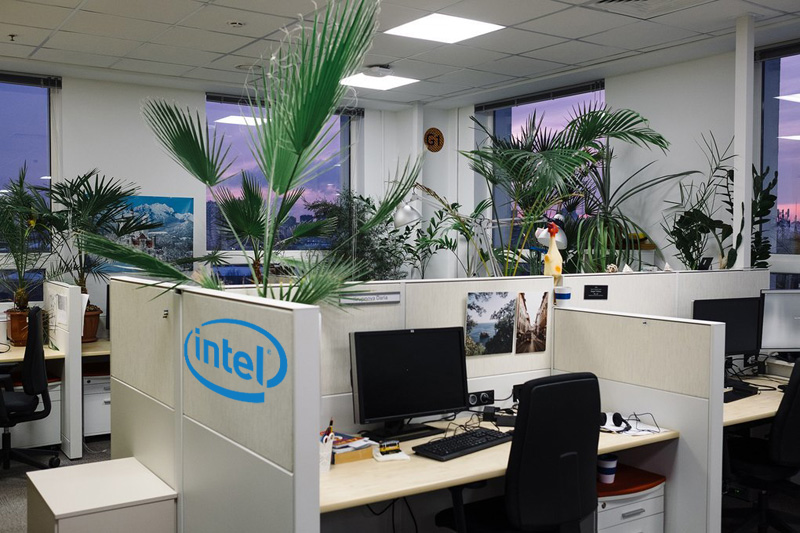Intel Summer School 0x7E2 - there is a reason to learn

Photo of The Village
Spring is late this year, but Intel's traditional summer school, as always, will pass strictly on schedule. From July 3 to August 24, at Intel's newly renovated office - look how handsome - we are conducting a youth internship for undergraduate and graduate students. Participants selected by the competition will work on tasks in real projects together with experts from Intel, learn to program in an adult way, grow over themselves and improve self-esteem.
We invite you to visit us!
In addition to solving development problems, young specialists will attend a series of special lectures, trainings and seminars from leading scientists from various scientific schools and areas, teachers from Russian universities and leading Intel employees. The best students who successfully completed the internship within this program will have the advantage of working at Intel during their studies as interns and after graduation as full-time employees.
During the internship, a monetary remuneration is paid, a non-resident trainee is given a grant for travel from the place of study to the Lower and back, as well as accommodation in a student dormitory. Students are invited to participate ( starting from the 2nd year at the time of application), undergraduates and graduate students and graduates (not earlier than 2015) of Russian universities, not older than 27 years old , who have citizenship of the Russian Federation.
')
To participate in the qualifying competition, it is necessary until April 29 to register on the Intel Academic Program website, fill out a questionnaire there and provide descriptions of ideas and plans for solving selected tasks by applicants (in free form). The list of selected participants will be prepared by June 1 .
The list of tasks proposed for solving by students of the Summer School, with descriptions and professional requirements, are given on the same site . In this list, for example:
- Research and development of deep learning algorithms for the problem of detecting objects;
- Integration of the AV1 codec into a cross-platform free product for converting HandBrake video file formats;
- Development of a module for visualizing a 3D model of the environment of an autonomous vehicle using Web technologies;
- Productisation of an application for visualizing image processing results using functions from the Intel IPP library;
- and so on.
The tasks are really very interesting, and they are waiting for your decision. It's time to get down to business! Recall, it is better to think over some aspects of the decision in advance and put them in the registration application - this will be a plus for you.
Source: https://habr.com/ru/post/352802/
All Articles